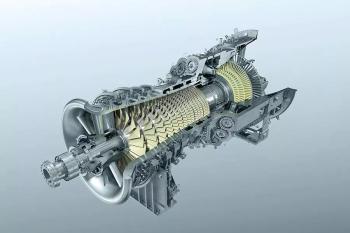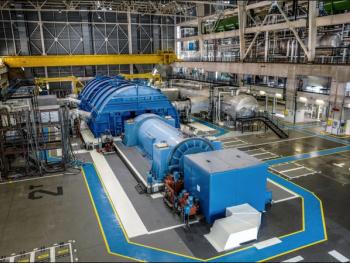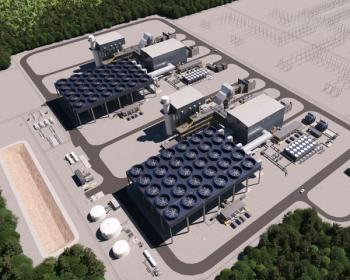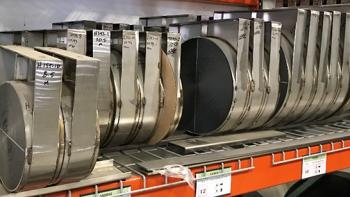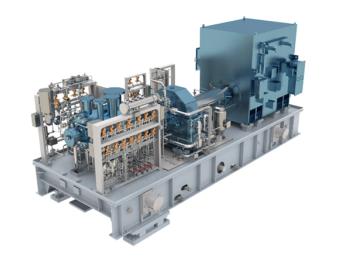
SWRI Talks Widespread sCO2 Commercialization, Energy Storage Solutions
Tim Allison of SwRI shares outcomes from the STEP Demo pilot plant, sCO2 commercialization, and the most promising energy storage solutions.
At Turbo Expo 2025, Tim Allison, Director of R&D in the Machinery Department at the Southwest Research Institute (SwRI), sat down with Turbomachinery International to discuss its leadership in sCO2 power cycle research and development, including the STEP Demo pilot plant.
SwRI has been a leader in sCO2 power cycle research and development, including the STEP Demo pilot plant. What are the biggest remaining hurdles for widespread sCO2 turbomachinery commercialization, and how is SwRI addressing them?
The Southwest Research Institute is the host site for the STEP Demo pilot plant, which was successfully commissioned late last year, running a simple-recuperated cycle with a turbine inlet temperature of 500° C. Part of that operation was to run the turbine as well as the main compressor, which is a centrifugal compressor. We were able to run those right at predicted performance for the operating condition that we were in. We encountered some growing pains associated with handling the high pressures as well as the high temperatures in the turbine, which was a design factor, but we found that there are no real technology gaps there. As long as you account for the pressures and densities associated with those machines, they do not have any fundamental technology problems.
Toward commercialization, we see a need for increasing the temperature. We are scoped to run the step demo at 700° C later this year; we also see a need to increase the number of operating hours. And then there's a lot of commercial interest in developing solutions that will fast ramp the machinery or incorporate hermetic machinery designs to minimize the CO2 leakage.
What are the most promising turbomachinery-based energy storage solutions SwRI is exploring, and what unique challenges do they present?
We developed a software tool to analyze energy storage systems to help answer that question. What we found is that when simulating various renewable resources, market economics, and electricity prices for your area, the most technically and economically viable solution varies based on those inputs. We are exploring a broad range of energy storage technologies that could be suitable for different applications. These technologies include options like pumped thermal energy storage, liquid air energy storage, hydrogen, geomechanical storage, and other thermal storage mechanisms that are coupled to turbo machinery. Currently, we observe strong trends toward thermal energy storage systems that can either direct heat toward an industrial process or direct thermal energy to a heat engine for conversion back to electricity. This flexibility for dual use is quite appealing for commercialization. Additionally, we are noticing interest in hybrid energy storage systems that incorporate thermal energy storage linked to existing gas or steam turbines. The idea of coupling to those existing resources enhances retrofit economics and increases the utilization of the capital asset, making them quite promising.
Newsletter
Power your knowledge with the latest in turbine technology, engineering advances, and energy solutions—subscribe to Turbomachinery International today.

